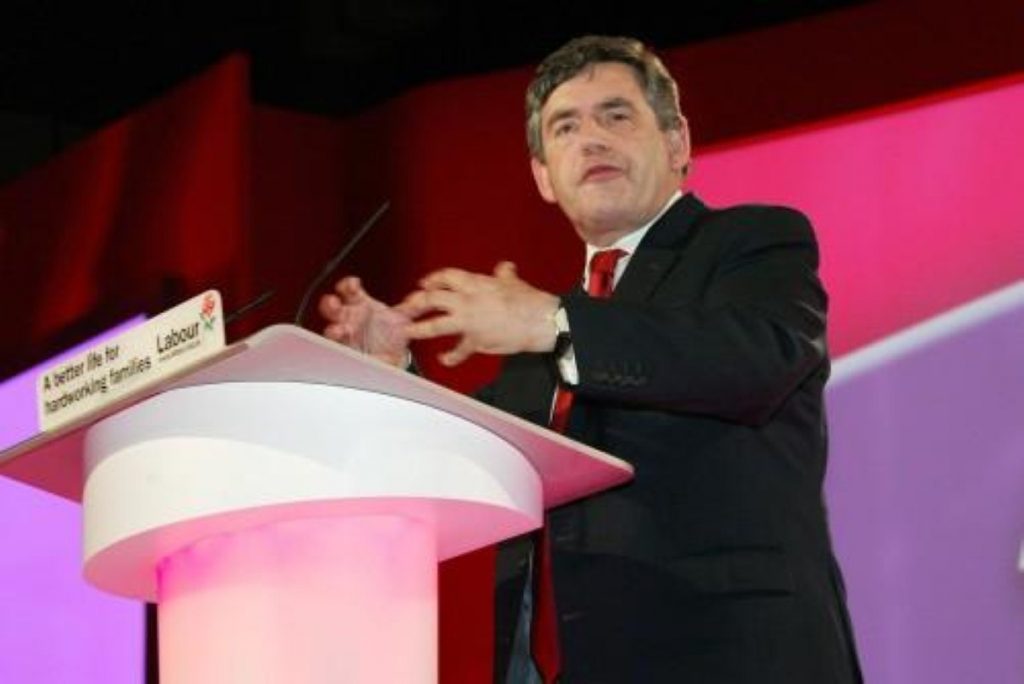Public get a peek at a Brown government
The chancellor today attempted to give Labour party members and the public an idea of what a Brown premiership would be like, after nine years in Tony Blair’s shadow.
Gordon Brown has staked his reputation on the stability of the economy over the past decade, but as his chance to take over the Labour leadership looms, he used a speech to the party conference in Manchester to outline what his personal policies would be.
He looked back to his childhood, saying his father – a church minister – had taught him to believe in “duty, responsibility and respect for others”, as well as “honesty and hard work – and that the things that matter had to be worked for”.
Mr Brown noted that although he was encouraged to use his talents, he saw others who were not. “That’s why I joined the Labour party – out of faith, faith in people, that they should have the opportunity to realise their potential,” he said.


Education has been a key priority of the government and today Mr Brown repeated his determination to make Britain “number one” in education – partly by bringing the level of state funding per pupil to that in the private sector.
He also revived his call for a new sense of Britishness, saying it was vital to have a “shared national purpose”, and rejected concerns about his nationality, insisting he had fought all his life against “narrow nationalism”.
He stressed that Britons must be “far more explicit” about their shared values, and expect everyone in the country “to play by our rules”. Consequently, he backed Mr Blair’s tough stance on terrorism, including ID cards and tough detention powers.
The chancellor has also promised to continue Mr Blair’s public service reforms, arguing that change was necessary to “deliver the best service possible – Britain cannot lead the world by standing still”.
He elaborated on comments made this weekend about a greater devolution of power to communities and individuals, saying councils should have more power over their local areas than Whitehall.
In Westminster, Mr Brown also indicated he would allow parliament to have a vote on whether to go to war and change the way appointments to the House of Lords were made.
All of this added up, the chancellor said, to a “vision of the good society – a Britain where we can do better than we are”.
However, shadow chancellor George Osborne noted: “Gordon Brown tries to present himself as the face of change but who has been running the government for the last nine years?
“He said Britain suffers from a poverty of opportunity, a lack of affordable housing and poor care for elderly people – but he has had nine years to deal with these problems.”
Liberal Democrat Treasury spokesman Vince Cable added: “Gordon Brown talks about decentralisation, but in the last nine years has played a key role in stripping power away from the regions.
“He mentions the environment despite spending almost a decade avoiding the tough policies that could have brought about real change.”









